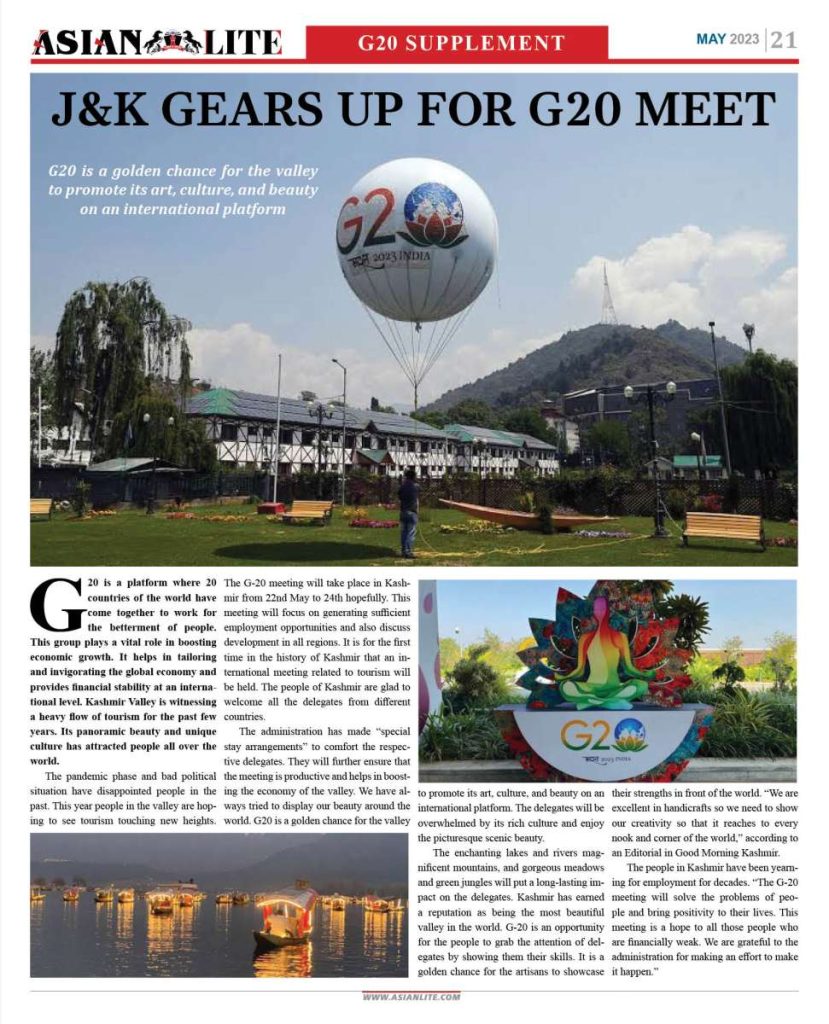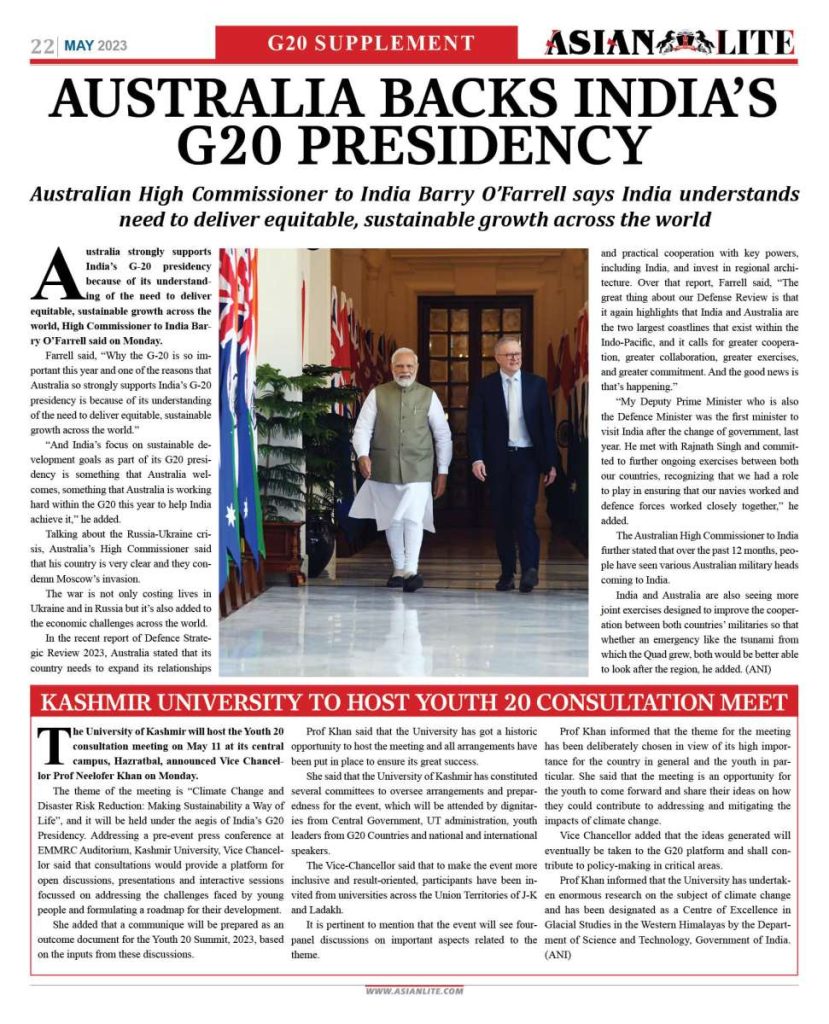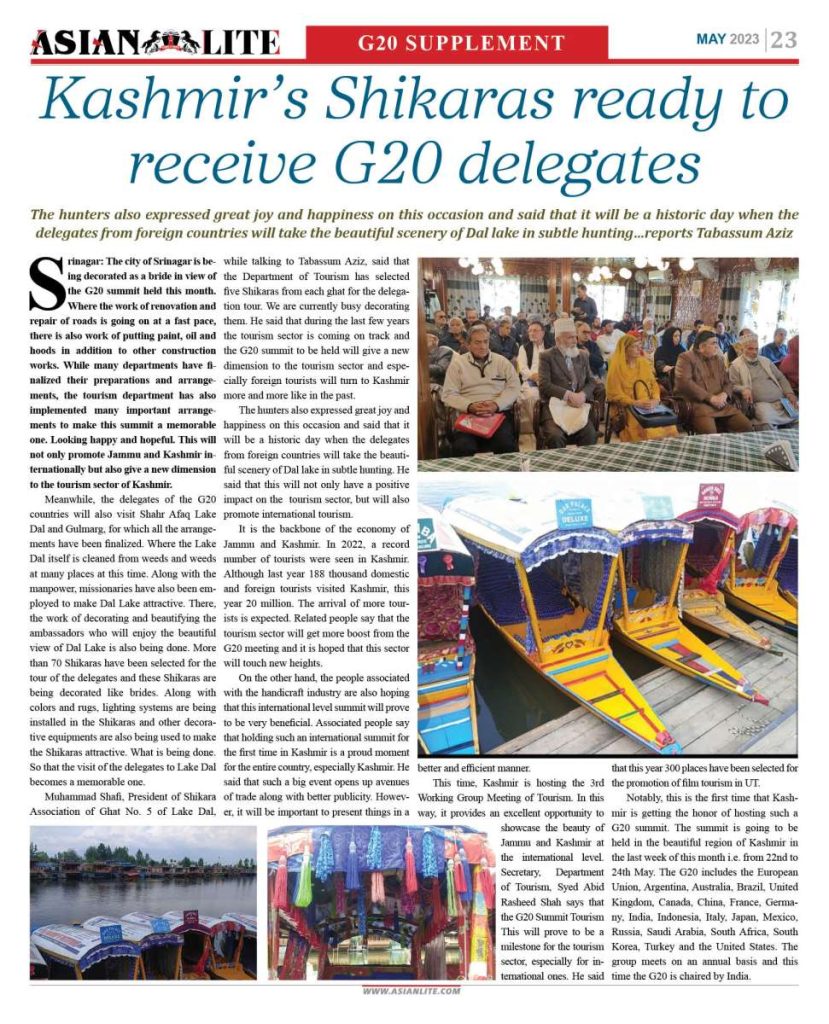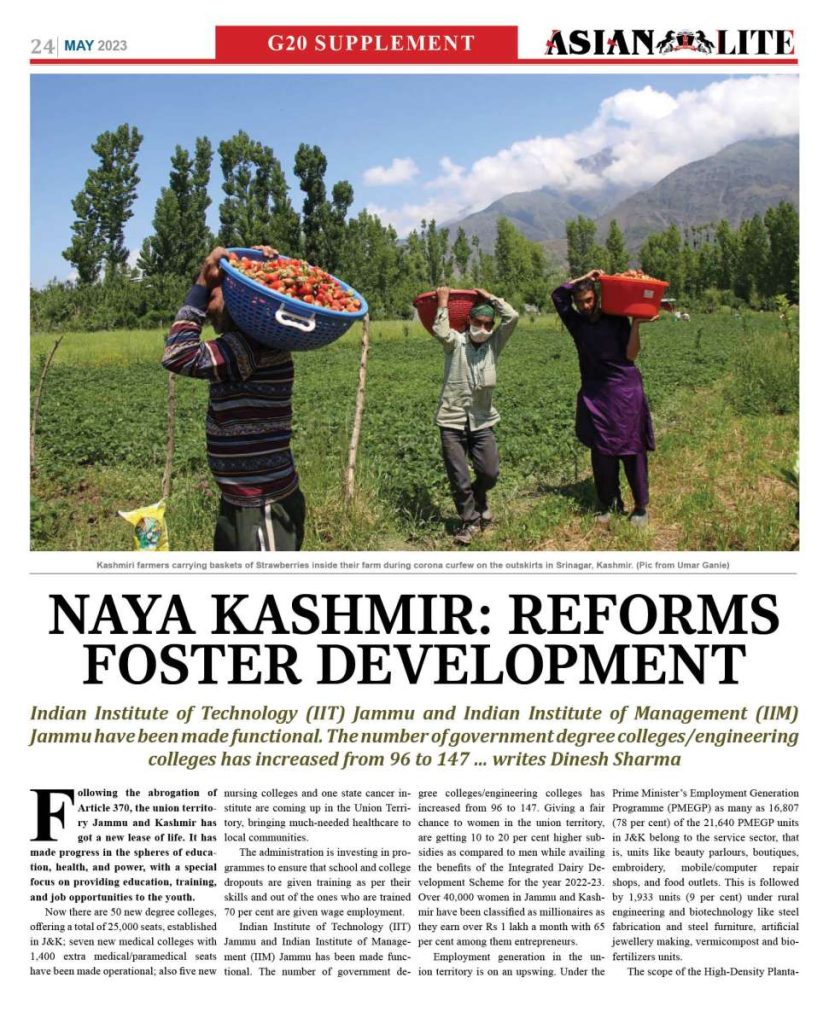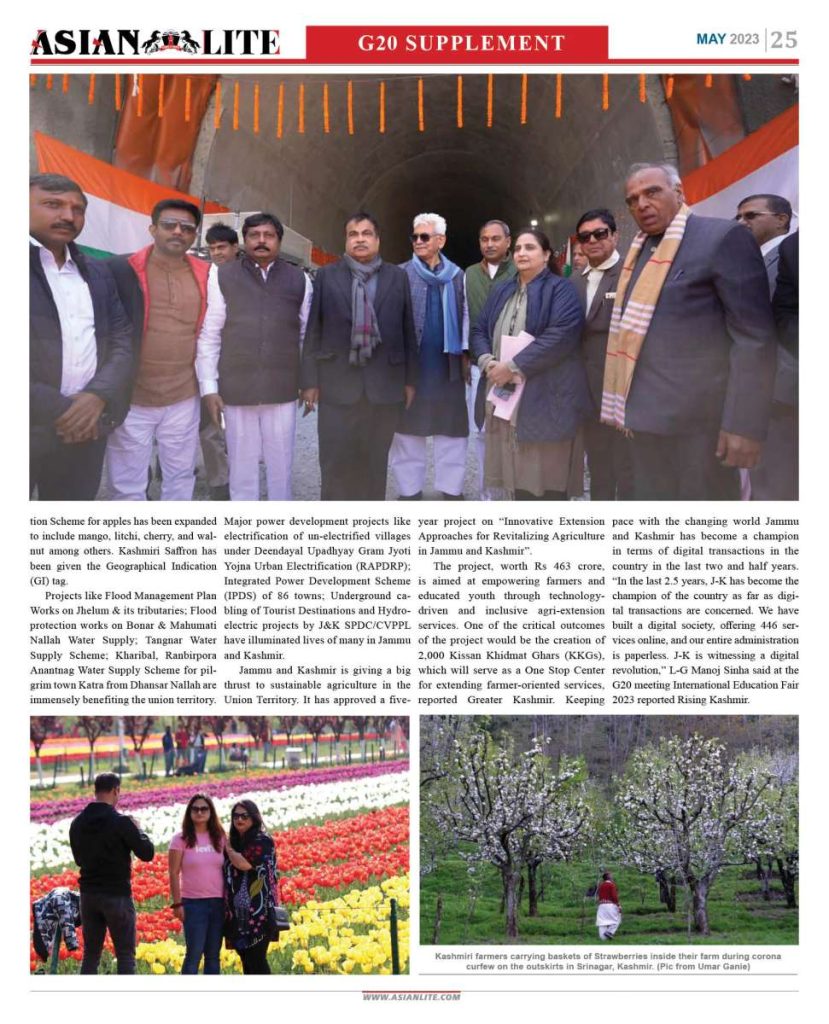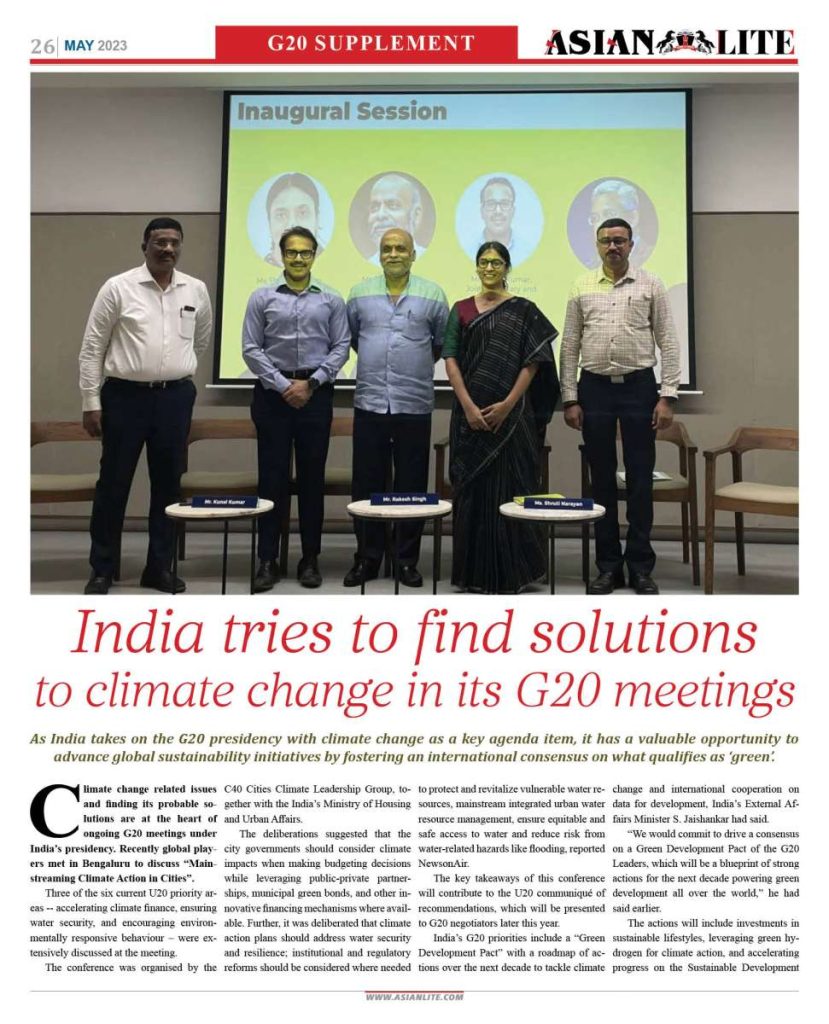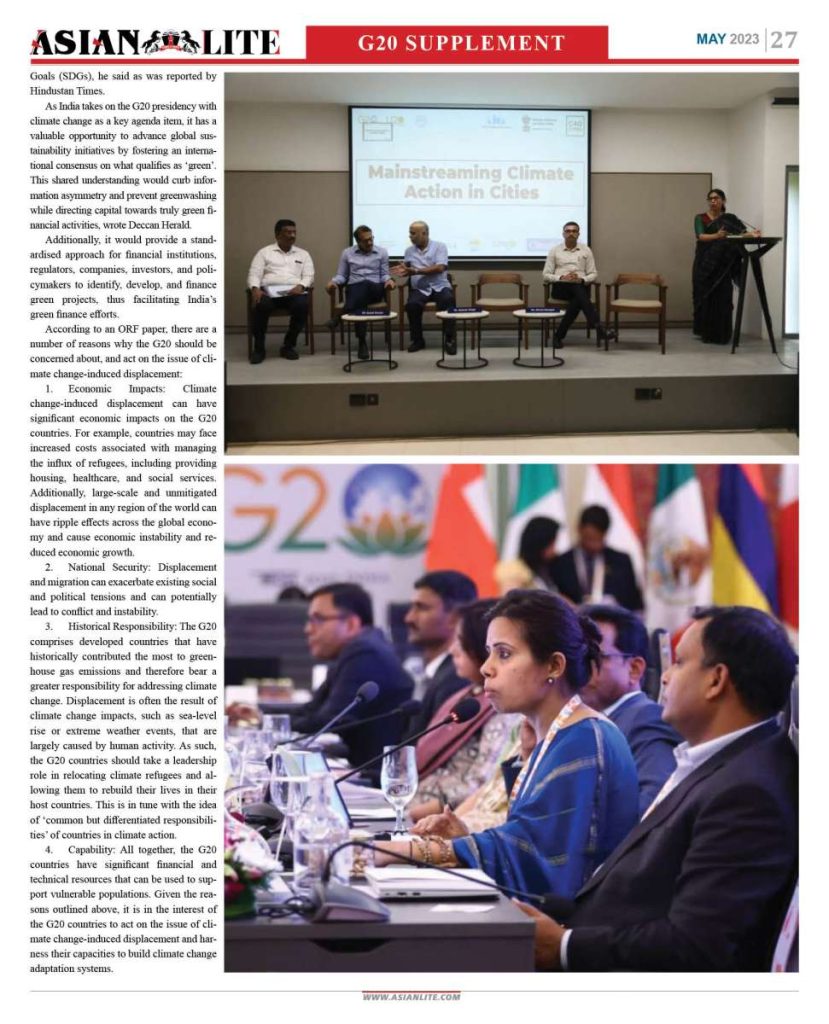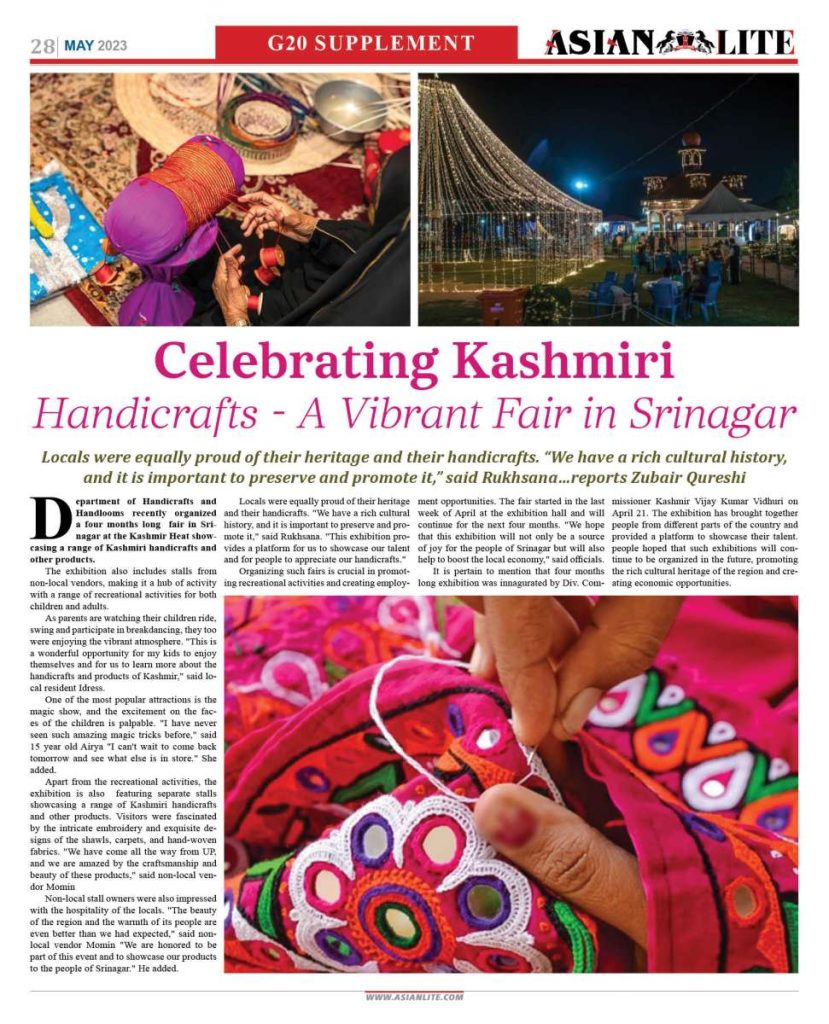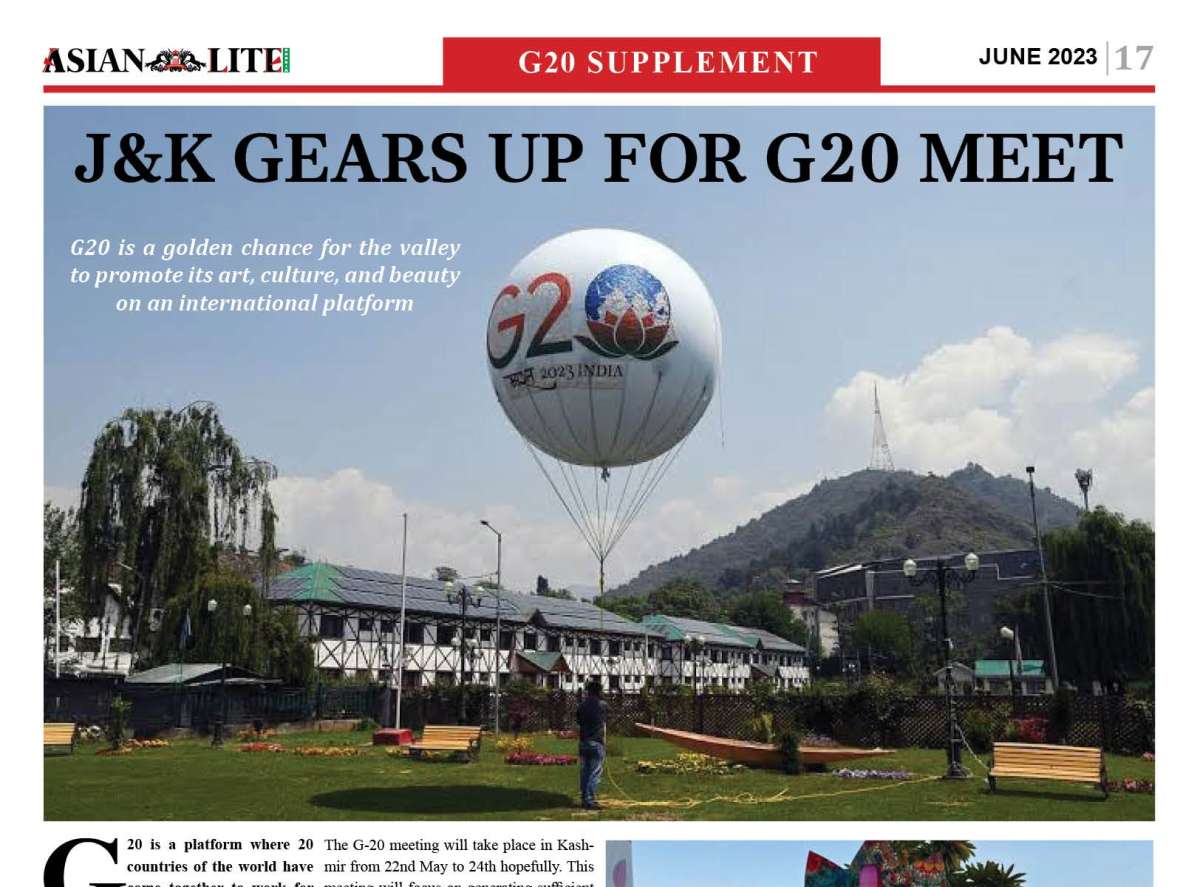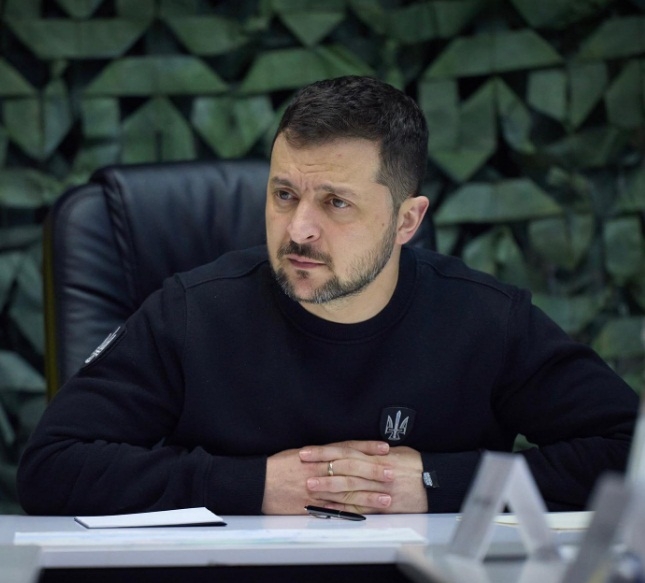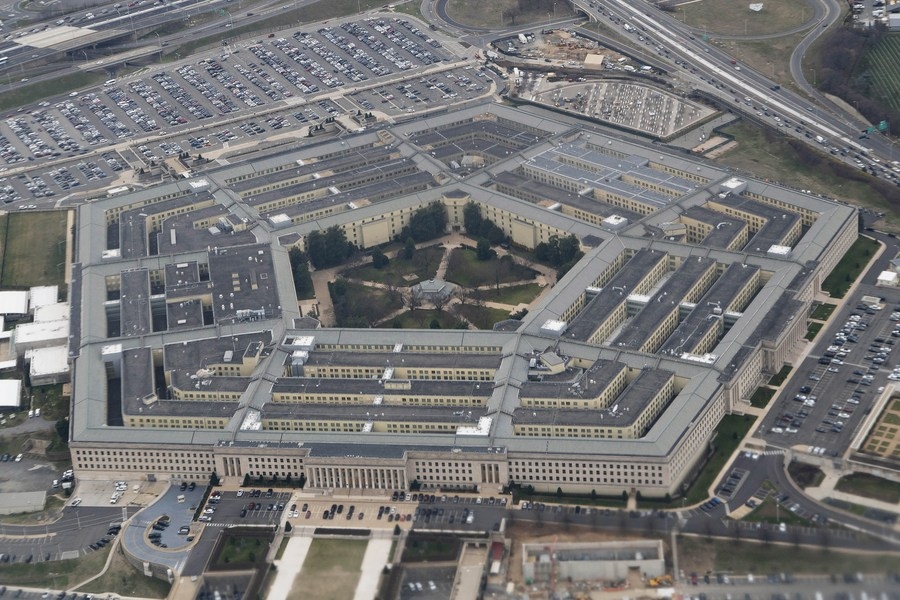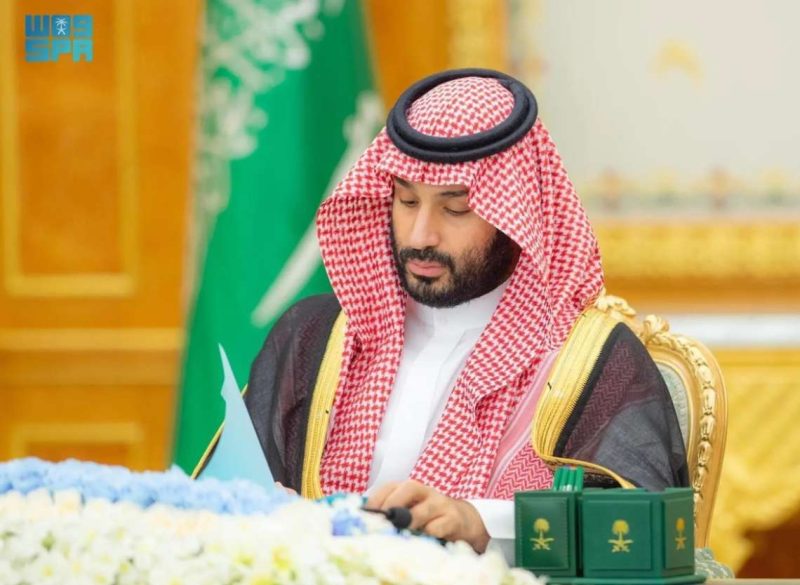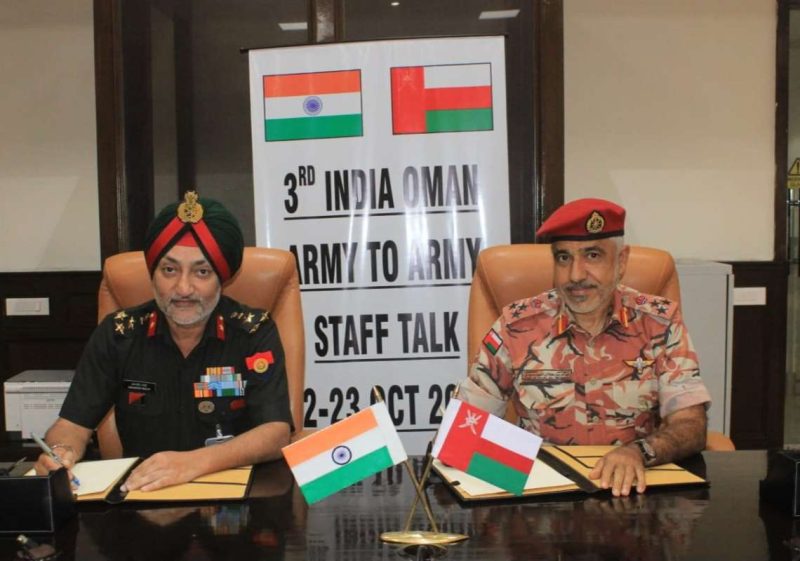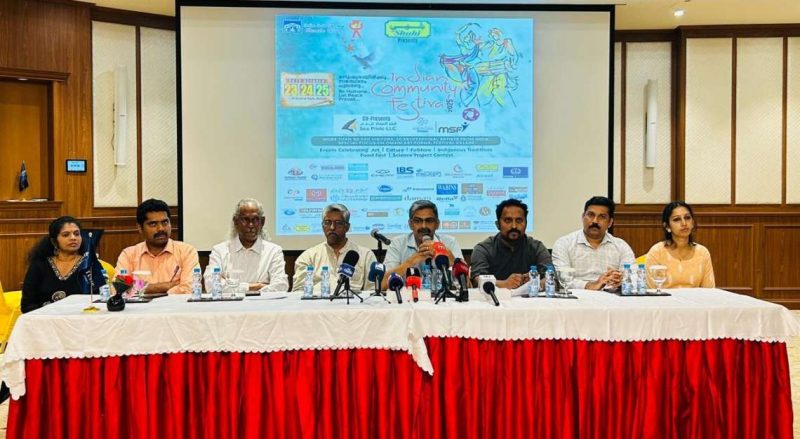Ahead of the G20 meeting, a group of Valley youth expressed dismay over the UN Special Rapporteur on minority issues’ statement against the meet. It is unfortunate that governments of the United Kingdom, Australia, and the United States have issued travel advisories to its citizens against visiting Kashmir “painting Kashmir as a war zone” and continue to buy the false narratives … writes Dr Sakariya Kareem
Srinagar will host the G20 meeting of the working group on tourism from May 22 to May 24. Given the Indian government’s plans to conduct the G20 there, an elaborate negative propaganda contrivance has attempted to give the impression that the security situation in Jammu and Kashmir is once again becoming uncontrollable, citing the killings of minorities, migrant workers, and local police officers in the Kashmir Valley. But the reality is that the situation is firmly under the control of the Indian State.
India has rightly hit back at the United Nations Special Rapporteur Fernand de Varennes on Minority Issues for his objection to the G20 meeting in Srinagar. In fact, Ahead of the G20 meeting, a group of Valley youth expressed dismay over the UN Special Rapporteur on minority issues’ statement against the meet.
It is unfortunate that governments of the United Kingdom, Australia, and the United States have issued travel advisories to its citizens against visiting Kashmir “painting Kashmir as a war zone” and continue to buy the false narratives. They should rather avail the opportunity of being India’s guests at the G20 and witness the massive scale of developmental activities that are being undertaken, how women of Kashmir are being brought into the mainstream, how the youth are being provided opportunities by expanding the business sector, how entertainment industry in the previously desolate areas are bringing cheer into the lives of people.
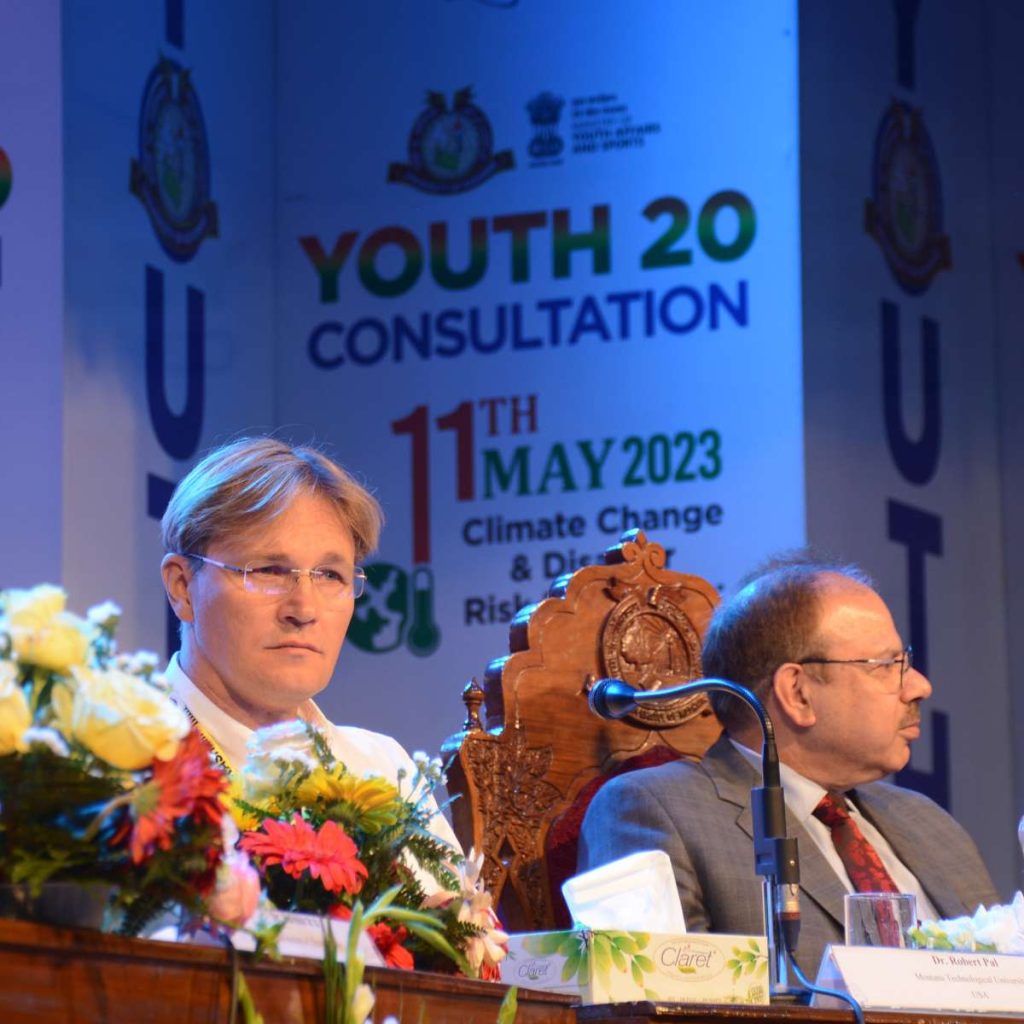
This is not to say that terrorism in the valley has been eliminated. Terrorist groups continue to operate and attack soft targets, heightening the sense of fear among the local population, migrant workers, and elected officials. Security officials claim that the residual terrorist infrastructure is at its lowest in the last 10 years and North Kashmir, which once was the hotbed of terrorism, has seen little violence in recent years, and despite the incidents of terrorism in Srinagar, but in both quantitative and qualitative terms, the level of violence has reduced drastically. The current security situation in Jammu & Kashmir is arguably better than it has been in years. In fact the reported record number of tourists who have been visiting Kashmir bears witness to the normalcy of the Valley. Efforts are being made to reform the education system and deradicalise the youth. The political process which has been stagnant for some time is also set to take off in Kashmir.
On all the various parameters of economic development such as tourist inflow, employment generation, State Gross Domestic Product, development of infrastructure and regional development, there has been positive development in Jammu & Kashmir. What is overlooked is that Jammu and Kashmir ranks higher in the Human Development Index than most other states of India. Apart from the agriculture sector, the tourism sector is the most popular source of income and employment generation for the J&K economy. The Year 2022-23 has made history in terms of surpassing all previous records of tourists and pilgrim arrivals in the state.
For Kashmir the biggest problem are the external influences and narratives spreading through cyberspace which have distorted the syncretic ethos of the Valley. The entire information war campaign is said to be built around fabricated and exaggerated accounts of restricted religious freedoms in the Valley and the rest of India. Fact is that the stereotypical Kashmir narrative runs on a grinding machine of disinformation, half truths, and concocted accounts unrelentingly flowing from Pakistan. This is an obfuscation of truth. Through the cruel, merciless arms of terrorism, atrocities, and pain inflicted upon the J&K, Pakistan has ripped apart the life and happiness of Kashmiris. It is never easy to challenge the narrative constructed by Pakistan on Kashmir. Therefore conducting the G20 in Srinagar gives international visitors a first hand view of the positive changes that are being undertaken in J&K. This is not an exoneration of the state for its faults and follies. But Kashmir desperately needs a new intellectual discourse. It needs new perspectives.
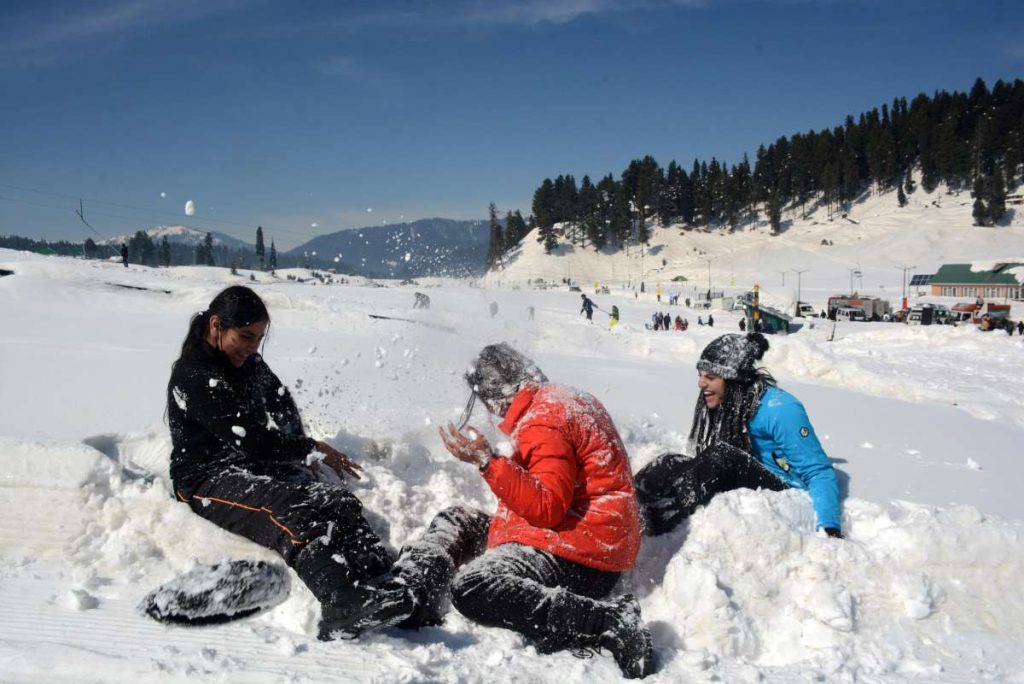
In the aftermath of the abrogation of Article 370, a planned disinformation campaign was fanned in the international media and the Western media suppressed facts to project a biassed picture. For instance the media hardly ever targets the terrorists who threaten apple farmers from harvesting their crop, or parents who wish to send their children to schools. The motive of the terrorists is to prevent the normalisation of the situation in the Valley and the media has unfortunately played into their hands leading to a wrong perception of unrest. For all the atrocities committed by the Kashmiri militants, the punching bag for woke intellectuals has been the Indian army and state. Catchphrases like ‘Kashmir Cries’,’ Kashmir is Bleeding’,’ Kashmir Under Siege’ and other such, frequently trend on social media and bury the reality that Kashmir scores high on sustainable development indices. The reality is that politics around article 370 pitched the people of the three regions of Jammu, Kashmir and Ladakh against each other and was used to create a communal divide by the political elites in Jammu and Kashmir. A relentless information war that is being waged from within and outside Kashmir. Compounding this problem is the fact that the Pakistani terror machinery physically eliminates any Kashmiri who openly challenges the Pakistani and separatist narrative. Pakistan had in fact raised the issue to which India had replied that it was strange that a country which was not a part of G20 was being unnecessarily intrusive. India’s move to conduct the G20 in Srinagar should provide a firsthand view of the actual situation in Kashmir and how the reality is obscured by vested interests. Consider this simple statistic – around 2.5 lakh tourists visited the Valley in the first two months of this year and since then the numbers have only gone further. The recently concluded tulip festival attracted over 3.75 lakh tourists, while Gulmarg saw over 2 lakh tourists during the winter. Last year, J&K witnessed over 26.7 lakh tourist arrivals, the highest in the last three decades. This has brought back jobs and hopes for moving on and going forward. If this is not an optimistic situation, what is? Today Kashmir is well on its way to become a model state with investments, infrastructure, tourism, social welfare and agriculture showing unprecedented growth and if the international community truly wishes to understand the dynamics of the region it must witness it first hand at the G20 in Srinagar.
